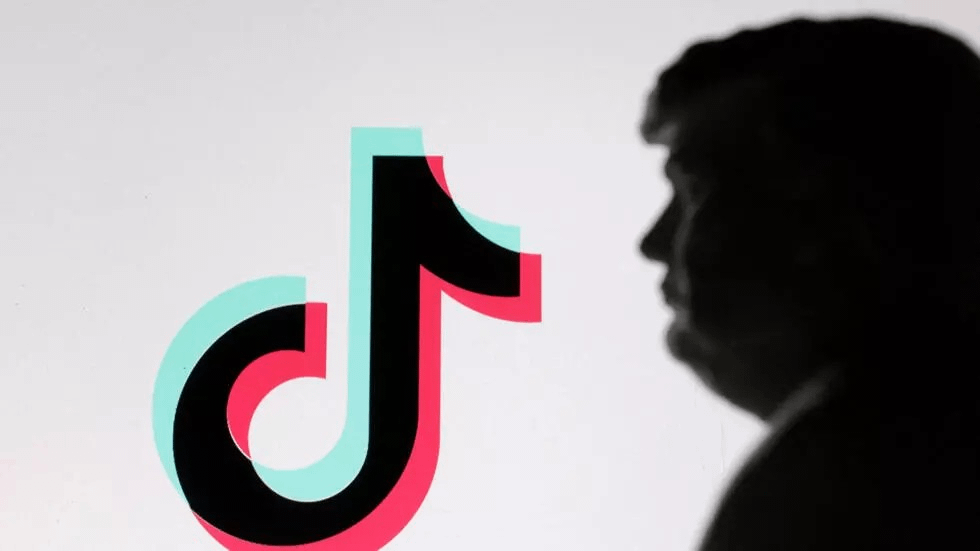Introduction
In a surprise move, former President Donald Trump announced a 75-day delay on enforcing the TikTok ban, just as a long-negotiated deal to transfer control of the app to US investors collapsed. The reason? His own new tariffs on China.
As someone who has followed the TikTok saga since 2020, I can say this: Politics, trade wars, and tech are now irreversibly tangled.
Why Was the TikTok Deal Derailed?
The agreement—brokered under President Biden—would have given US investors majority control (80%) while ByteDance retained a 20% stake . But after Trump slapped 34% tariffs on Chinese imports last week, Beijing abruptly backed out, refusing to proceed until trade talks resume.
Key Points:
- Tariffs as Leverage: China sees TikTok as a bargaining chip in trade negotiations.
- Trump’s Role: Despite previously pushing for a ban, Trump now claims the deal is “making progress”.
- Uncertain Future: The delay keeps TikTok alive for now but leaves 170 million US users in limbo.
My Take: This isn’t just about TikTok—it’s a proxy battle in the US-China trade war.
What’s in the (Now Stalled) Deal?
- US Ownership: Oracle and Walmart were set to take over operations.
- Data Security: Servers would move to the US to address spying concerns.
- ByteDance’s Stake: Reduced to a non-controlling 20%.
Why It Fell Apart:
- China’s Retaliation: New tariffs made cooperation politically toxic for Beijing.
- Trump’s Mixed Signals: He once called TikTok a “national security threat” but now supports a negotiated solution.
What Happens Next?
- 75-Day Window: TikTok remains operational, but the ban threat looms.
- Trade Talks: If tariffs ease, China may revive the deal.
- Election Politics: Trump may use TikTok as a campaign issue, framing himself as both tough on China and protective of American users.
Final Thought: This delay isn’t a solution—it’s a temporary truce. With US-China relations deteriorating, TikTok’s future hinges on geopolitics, not just business.































